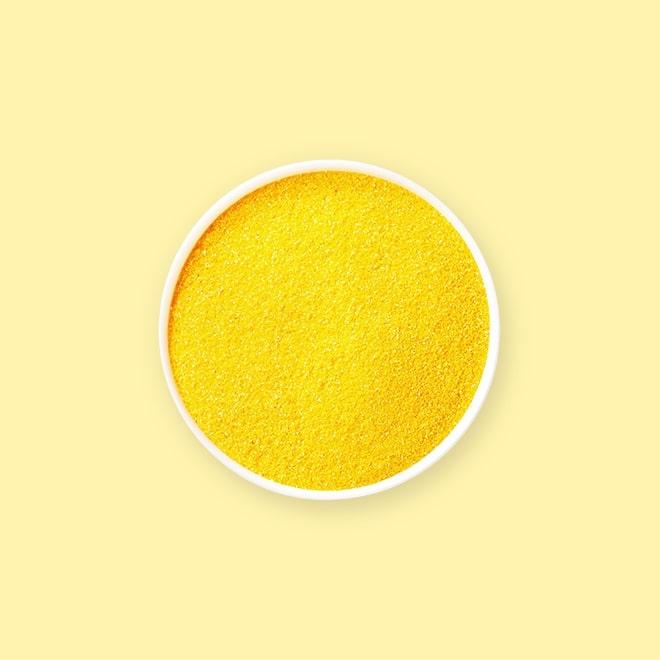Polenta




Once the humble porridge of Northern Italian peasants, polenta has gracefully made its way into fine dining and home kitchens around the world. Polenta, like American grits, is made from stone ground cornmeal that comes from grinding dried corn into a coarse meal. Though the two are made from different types of corn and ground to a different coarseness, American grits are a good starting point for understanding polenta. Like grits, polenta can be poured in pans, cooled, and then cut to be grilled or fried, or it can be cooked down with milk and cheese and eaten as a porridge, then finished as savory or sweet. Polenta can also be made with fava beans or chickpeas.
Choose an imported Italian polenta cornmeal.
Polenta is also available cooked, cooled and pre-shaped into a tube. This can be a great time saver.
Stone ground cornmeal should be refrigerated in an airtight container and if properly stored it can last up to two months.
Polenta can lose flavor and develop a slightly bitter taste if stored for too long, so use soon after buying.
Adding milk makes for a more creamy polenta, because the lactic acid found in milk helps to soften the grains.
Finer ground cornmeal creates a thinner polenta, while the coarser the grind makes a thicker polenta. Choose a medium-ground polenta if you’re not sure what you prefer.
The ratio of water to polenta is usually 3:1, but polenta grows quickly when it boils, so always use a larger pot than you think you need.
To keep the polenta from burning, scorching, or sticking, use a heavy bottomed pan.
If you want to cut the cooking time of polenta in half, soak the cornmeal overnight.
Polenta is one of the best foods for supplying long lasting energy. It's a great gluten-free substitute that is both low-carb and rich in vitamin A and C making it a good source carotenoids, lutein and zeaxanthin.
Polenta contains beta-carotene, which aids in cancer and heart disease prevention.
Corrections or improvements? Email us at
content@sidechef.com